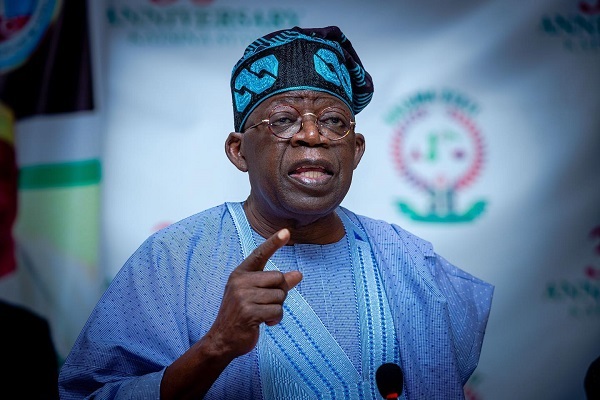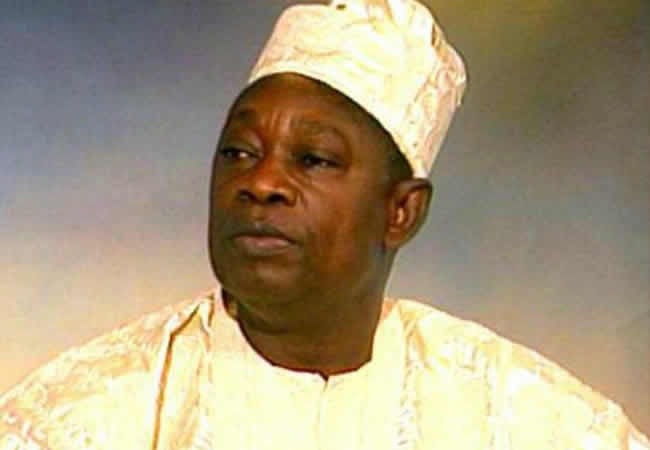The Presidency asserted on Sunday that President Bola Tinubu inherited a severely troubled economy but is committed to resolving Nigeria's economic crisis. This response came following a critical feature by The New York Times titled “Nigeria Confronts Its Worst Economic Crisis in a Generation,” published on June 11, which detailed the nation's severe economic challenges, including soaring inflation and a weakening national currency.
The New York Times article highlighted the widespread economic pain, stating, “The pain is widespread. Unions strike to protest salaries of around $20 a month. People die in stampedes, desperate for free sacks of rice. Hospitals are overrun with women wracked by spasms from calcium deficiencies." It attributed part of the crisis to policy changes implemented by President Tinubu, specifically the partial removal of fuel subsidies and the floating of the currency.
In response, Bayo Onanuga, the Special Adviser to the President on Information and Strategy, criticized the report as a "reductionist, derogatory, and denigrating" portrayal typical of foreign media. Onanuga argued that the article overlooked the positive steps being taken by the Tinubu administration to address the economic challenges inherited from previous governments. He emphasized that Tinubu inherited an economy on the brink of collapse, describing it as "a dead economy" requiring urgent intervention.
READ ALSO
Presidency Deems N250,000 Minimum Wage Demands Unsustainable Pushes for N62,000
Wole Soyinka Criticizes Peter Obi’s Fitness for Nigerian Presidency
Onanuga explained that Tinubu's policy decisions, such as ending the fuel subsidy and unifying multiple exchange rates, were necessary. He highlighted the unsustainable nature of the fuel subsidy, which cost $84.39 billion between 2005 and 2022, and the budgetary constraints that left no room for subsidy payments beyond June 2023. He also pointed out the heavy burden of debt servicing, which consumed 97% of the national revenue, necessitating immediate economic reforms.
The Special Adviser noted that by eliminating the fuel subsidy, which had led to significant public debt and market distortions, the government aimed to stabilize the economy. He reported early signs of stabilization, including a decrease in the exchange rate from N1,900 to below N1,500 to the US dollar, and projected further appreciation of the naira.
Furthermore, Onanuga cited international financial support, such as a $2.25 billion loan from the World Bank and additional loans from the African Development Bank (AfDB) and Afreximbank, as evidence of restored confidence in Nigeria's economic management. He also mentioned an economic trade surplus of N6.52 trillion in Q1 2023 and increased foreign direct investment as positive outcomes of the reforms.
Onanuga acknowledged ongoing challenges, particularly with food inflation, but assured that the government was intensifying efforts to boost agricultural production and lower food costs. Initiatives included investments in dry-season farming, distribution of fertilizers, and support for state-level agricultural programs. He argued that while Nigeria is facing a cost-of-living crisis, it is not unique, as many countries, including the USA and European nations, are experiencing similar challenges.
In conclusion, the Presidency maintained that the Tinubu administration is taking decisive steps to address the economic issues, aiming to restore stability and growth. They called for patience and support from Nigerians as the government works through these reforms to achieve long-term economic recovery and prosperity.




